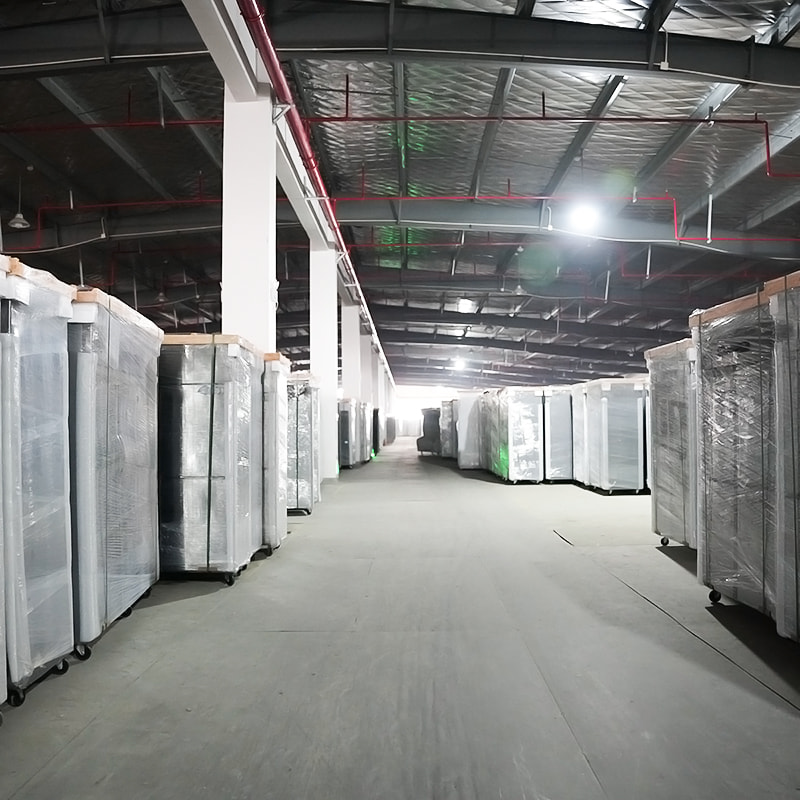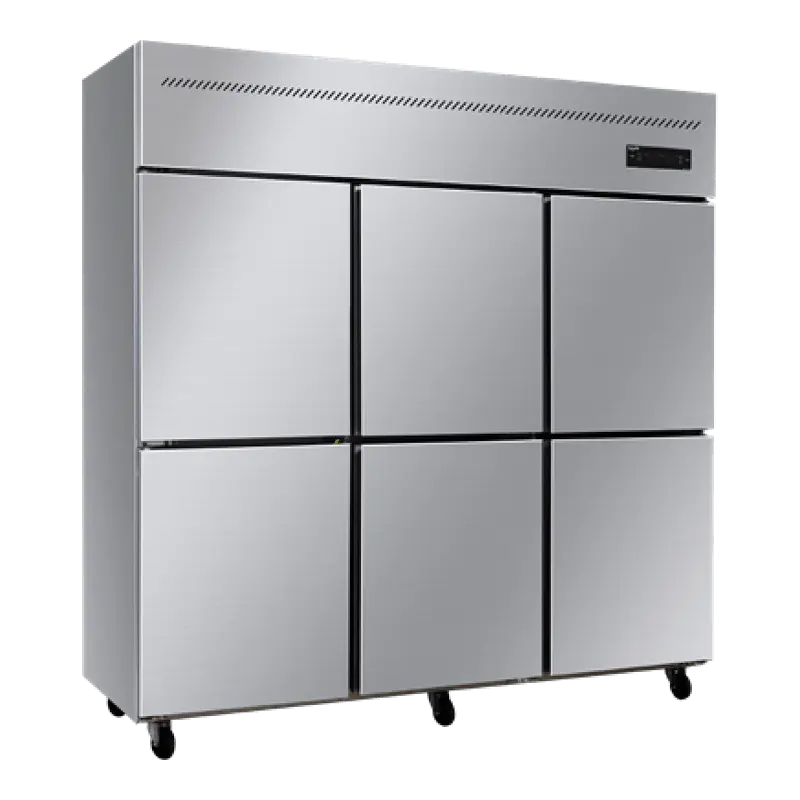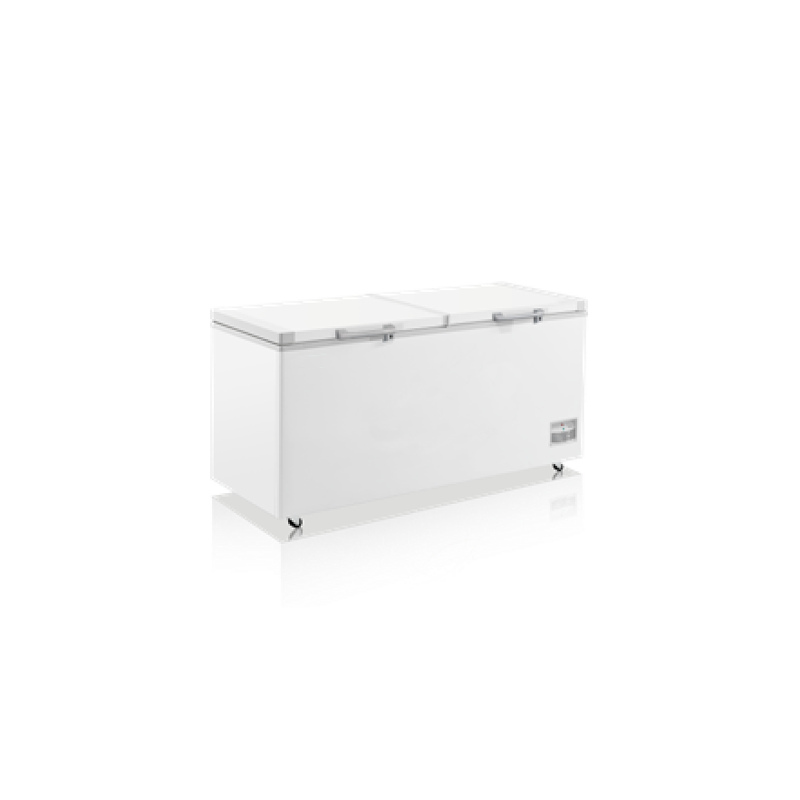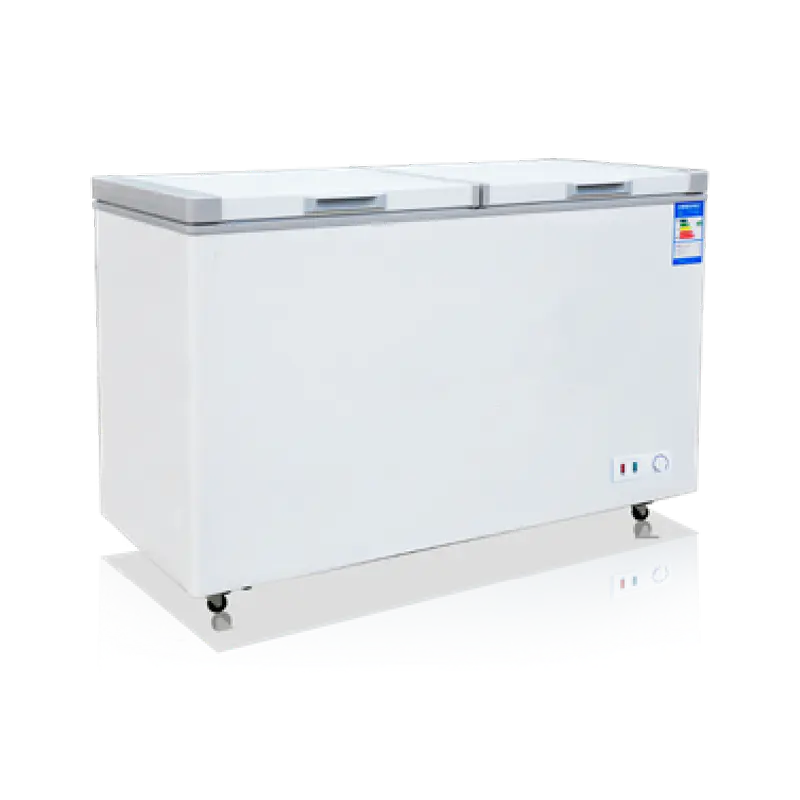What Industries Most Commonly Use Commercial Chest Freezers?
Commercial chest freezers are a cornerstone of modern storage solutions across a spectrum of industries. Their robust capacity, energy efficiency, and ability to preserve large quantities of perishable items make them indispensable in sectors where temperature control isn't just beneficial—it's mission-critical. Below, we explore the industries where chest freezers are not only common but essential.
1. Foodservice and Hospitality
Restaurants, cafes, hotels, and catering companies rely heavily on chest freezers to maintain a consistent inventory of frozen goods. These businesses demand equipment that can withstand high-volume usage while preserving food quality over time.
Whether storing seafood, specialty cuts, or pre-prepared meals, a chest freezer provides the long-term cold storage necessary to support daily operations without interruption. In the hospitality industry, efficiency and food safety are paramount—and commercial freezers deliver on both fronts.
2. Grocery and Convenience Stores
In the retail food sector, chest freezers serve as both storage and point-of-sale solutions. From frozen vegetables to ice cream novelties, grocery stores use these units to display and preserve products in high-traffic environments.
The horizontal design allows for maximum product visibility and access, which not only helps streamline restocking but also enhances customer experience. For convenience stores where space is at a premium, the compact versatility of chest freezers proves especially valuable.
3. Pharmaceutical and Biomedical
Beyond food, chest freezers play a pivotal role in pharmaceutical and biomedical industries. Laboratories and medical facilities utilize them to store vaccines, enzymes, blood plasma, and other temperature-sensitive materials.
Strict regulatory compliance requires ultra-reliable storage solutions. Many medical-grade chest freezers are equipped with precise temperature control and alarm systems to ensure product integrity in environments where there’s zero margin for error.
4. Agriculture and Farming
Agricultural operations—particularly those in livestock and produce—benefit immensely from chest freezers. Farmers use them to store harvested goods, meats, and dairy products before distribution.

For small-scale producers, chest freezers offer a cost-effective method of prolonging shelf life without the need for industrial refrigeration. In rural areas, where logistics may delay distribution, reliable cold storage becomes a critical safeguard against spoilage.
5. Fisheries and Seafood Processing
Fish and shellfish are among the most perishable food products. Fisheries depend on chest freezers to maintain freshness from catch to consumer. Rapid freezing not only preserves taste and texture but also inhibits bacterial growth, making it a vital step in the seafood supply chain.
Processing plants frequently utilize multiple large-capacity units to manage volume and meet health and safety standards set by global food authorities.
6. Ice Production and Distribution
Commercial ice producers and distributors rely on chest freezers for storage prior to packaging and delivery. These freezers are engineered to hold massive blocks or bags of ice at consistent sub-zero temperatures, ensuring they remain solid until they reach the end-user.
In peak seasons—such as summer or during events—the ability to store surplus ice efficiently becomes a logistical advantage.


 English
English русский
русский Español
Español عربى
عربى













